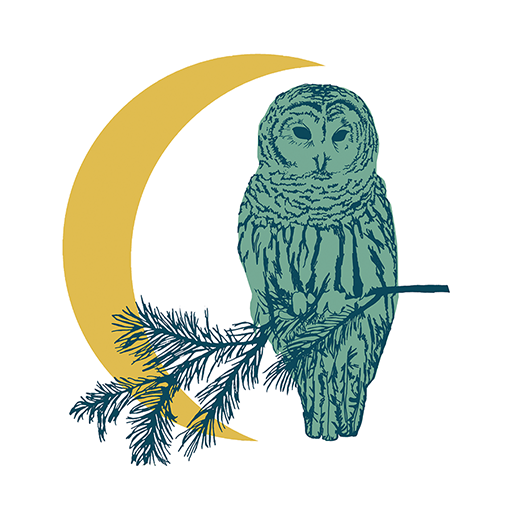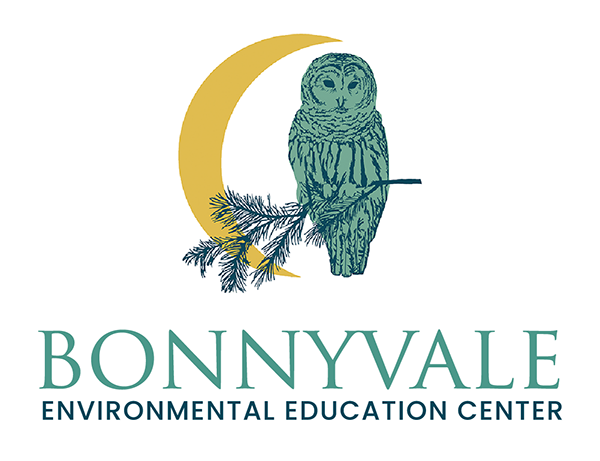Baby Birds
After they leave the nest, fledglings may spend a couple weeks fluttering and hopping while their parents continue to feed them. Watch. Energetic birds are probably fine. Birds too young to hop or flutter can often be re-nested, even if you can’t find or reach the original nest. Call for advice!
Just-fledged birds have very stubby tails and wing feathers that have not fully emerged. If you notice fledglings on the ground, do what you can to make sure neighborhood cats stay indoors. Watch to see if parents return to feed them, usually a few times an hour. If they are not, contact a rehabilitator.





















